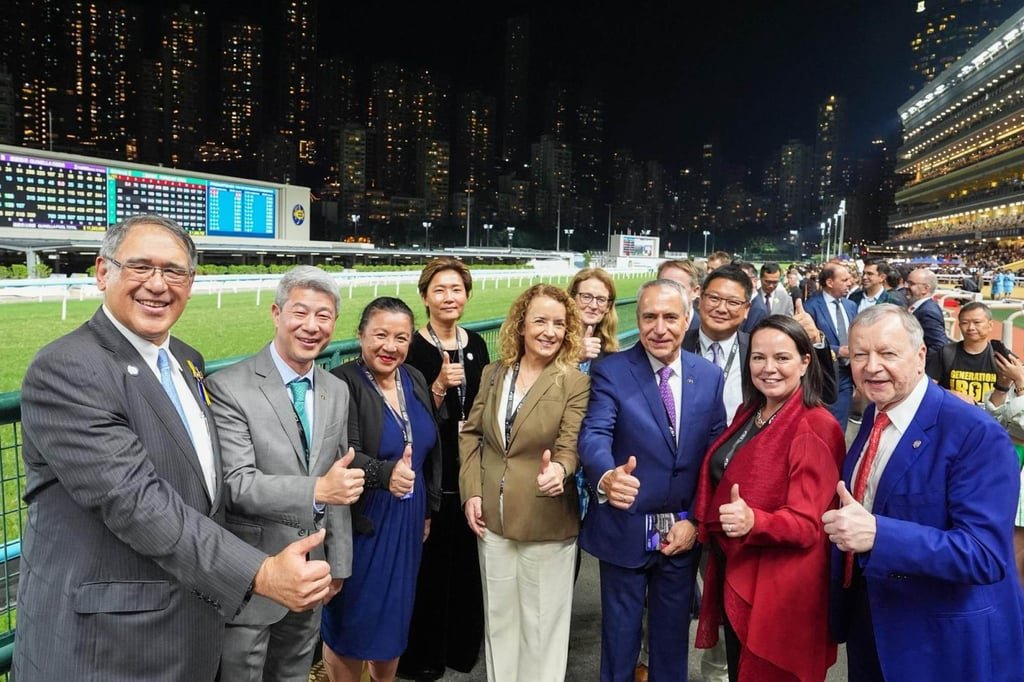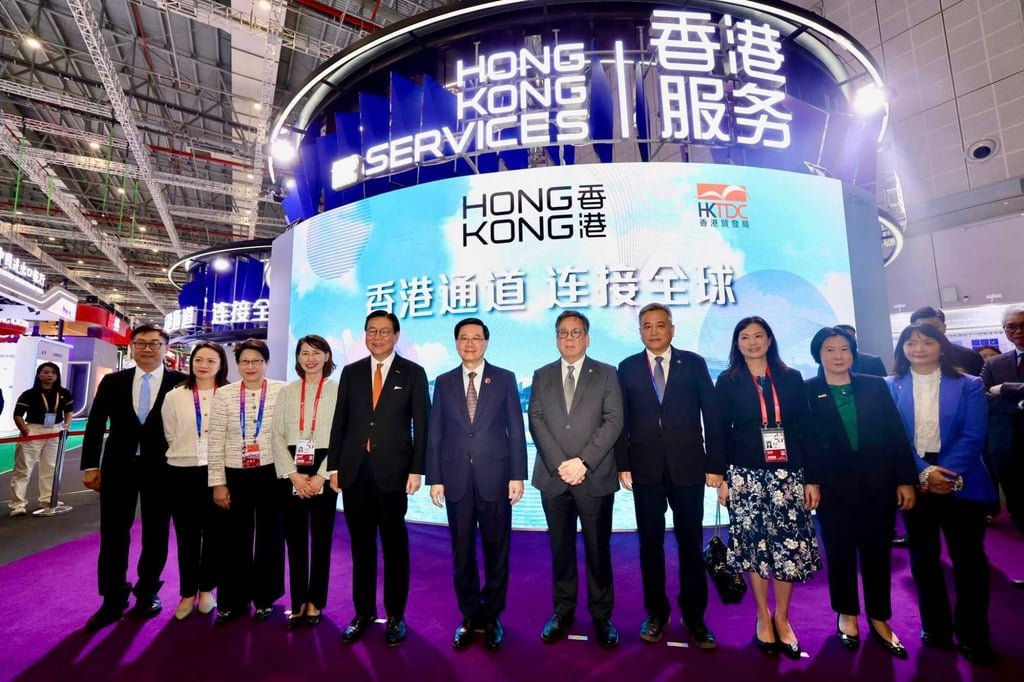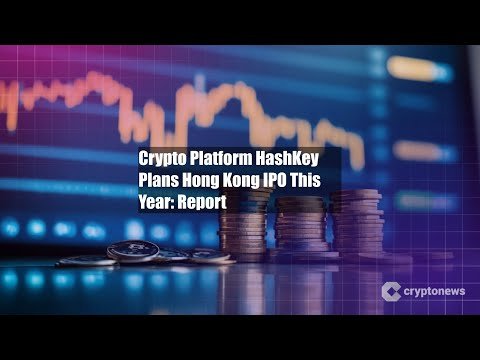Artificial intelligence is becoming the Taylor Swift of the investment world – a force expected to deliver benefits to industries and consumers while rewarding investors, though money managers cautioned that not all companies will reap rewards.
AI dominated discussions at Hong Kong’s flagship three-day Global Financial Leaders’ Investment Summit, which will return for its fifth edition next year from November 2 to 4.
During the final day’s programme on Wednesday, a panel-discussion moderator drew a playful analogy, asking whether AI was overhyped or the US pop star. The four asset managers on stage offered a unanimous, lighthearted answer, saying it was the latter.
Do you have questions about the biggest topics and trends from around the world? Get the answers with SCMP Knowledge, our new platform of curated content with explainers, FAQs, analyses and infographics brought to you by our award-winning team.
The pop star’s economic impact, known as “Swiftonomics”, generated billions of dollars for local economies through tourism, hospitality and retail spending wherever her concerts played.
(From left) Eric Yip, executive director of Securities and Futures Commission; Jean Hynes, CEO of Wellington Management; Andrew Schlossberg, president and CEO of Invesco; Eric Stein, chief investment officer of Voya Investment Management and Hendrik du Toit, founder and CEO of Ninety One at the Global Financial Leaders’ Investment Summit on Wednesday. Photo: Edmond So alt=(From left) Eric Yip, executive director of Securities and Futures Commission; Jean Hynes, CEO of Wellington Management; Andrew Schlossberg, president and CEO of Invesco; Eric Stein, chief investment officer of Voya Investment Management and Hendrik du Toit, founder and CEO of Ninety One at the Global Financial Leaders’ Investment Summit on Wednesday. Photo: Edmond So>
The impact of AI was “absolutely not overhyped”, said Hendrik du Toit, founder and CEO of Ninety One. “This is a change which is going to be massive and has only started.”
Andrew Schlossberg, president and CEO of Invesco, agreed that AI was transformative, but cautioned that certain bits were overhyped. “With any major innovation change and any transformation, there are going to be misses,” he said. “I just think that’s a feature of innovation, not a bug.”
Schlossberg and du Toit were on the same panel as Wellington Management’s CEO Jean Hynes and Voya Investment Management’s chief investment officer Eric Stein.
The investability of AI has come to the forefront, with trillions of dollars flowing into data centres and surging share prices of companies championing the technology. While signs of a bubble were there, the key was in identifying valuable companies and maintaining exposure as AI spread across industries despite geopolitical frictions and trade tariffs, fund managers said.
Meanwhile, China was expected to bring AI adoption to scale thanks to its open-source model approach, said Richard Liu, founding partner of Chinese venture capital firm 5Y Capital. “You can see DeepSeek and other open-source players from China deliver similar performance to OpenAI but with disruptive innovation at a much lower cost.”
China’s technology breakthroughs had increased the investability of the country’s assets, especially amid the de-dollarisation and diversification sentiment, after years of being viewed as underdogs, according to money managers.
Hong Kong, which shared the vision of the central government’s emphasis on AI, should be well positioned to attract international capital and talent, said Financial Secretary Paul Chan Mo-po in his address to the summit on Wednesday.
“Hong Kong is where you want to invest” as it was making strides in building a vibrant and globally connected AI ecosystem, he said. “AI, sustainability and innovation in finance demonstrate the agility, creativity and innovative spirit of Hong Kong in navigating changing dynamics in the global and regional economic landscape.”
Wellington Management’s Hynes said AI was going to impact every single company in the world and those companies were trading at much lower multiples than the “Magnificent Seven”, referring to the seven influential large-cap US technology companies.
“I would buy ‘S&P 493’ excluding the Magnificent Seven on a one-year view,” said Voya’s Stein. He added that based on a long-term view, computing and energy companies would be good investment bets.
“AI is not going to be great for everybody,” said John Zito, co-president of Apollo Asset Management, in another panel discussion. Greater divergence among businesses was to be expected as the tech industry adapted to the latest developments, he said.
“We are seeing elements of a bubble in AI valuations,” said Deven Parekh, managing director of Insight Partners, adding that such massive investments would lead to further development of the technology. “We need to understand the positives of that capital, but at the same time, mitigate the risk as an investor.”
“If you believe [AI] is the electrification, industrialisation moment for humanity, then that’s going to benefit humanity at large,” said Zhang Lei, founder and chairman of Hillhouse Investment.
Invesco’s Schlossberg noted two investment principles in the next year: be heavily diversified and keep some dry powder. “There will be opportunities to work your capital.”
This article originally appeared in the South China Morning Post (SCMP), the most authoritative voice reporting on China and Asia for more than a century. For more SCMP stories, please explore the SCMP app or visit the SCMP’s Facebook and Twitter pages. Copyright © 2025 South China Morning Post Publishers Ltd. All rights reserved.
Copyright (c) 2025. South China Morning Post Publishers Ltd. All rights reserved.








